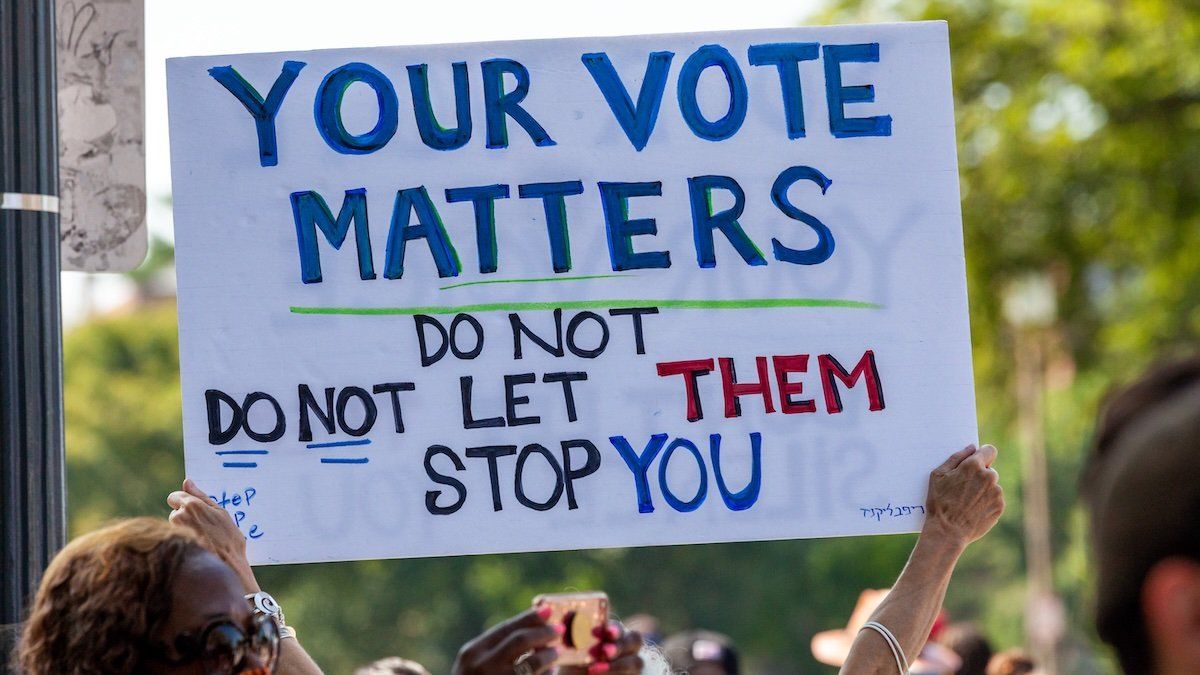Saturday marks 154 years since the ratification of the 15th Amendment to the US Constitution – Feb. 3, 1870 – which guaranteed Black men the right to vote. Given it’s Black History Month and an election year, this makes it the perfect time to revisit this vital moment in US history.
Though the amendment was part of an effort to set the US on a more equitable path in the post-Civil War era, it didn’t take long after ratification for local governments to institute racist policies – Jim Crow laws – aimed at disenfranchising Black people.
Nearly 100 years after it was ratified, the federal government finally moved to protect the rights enshrined in the 15th Amendment with the passage of the Voting Rights Act of 1965, which barred racial discrimination in voting and helped dismantle Jim Crow laws.
But legal experts and rights groups in recent years have raised alarm bells about ongoing threats to the Voting Rights Act and court decisions that have weakened it. And despite a June 2023 Supreme Court decision that upheld a key provision of the law, many contend that more must be done to protect voting rights and prevent discriminatory practices.
People of color made up 30% of eligible voters in the US in 2020 but represented just over 22% of all votes cast, according to a new study from the Center for Inclusive Democracy at the University of Southern California. “There’s outright voter-suppression efforts still happening in the US,” says Mindy Romero, the lead author of the report and director of the center.
Research shows people of color continue to face an array of disparities and challenges when it comes to voting, ranging from longer wait times on Election Day than white voters and mass voter roll purges to being disproportionately impacted by strict voter ID laws.
Indeed, more than a century and a half after the 15th Amendment came to be, it seems the US still has a long way to go in the fight to eliminate racial barriers at the ballot box.
